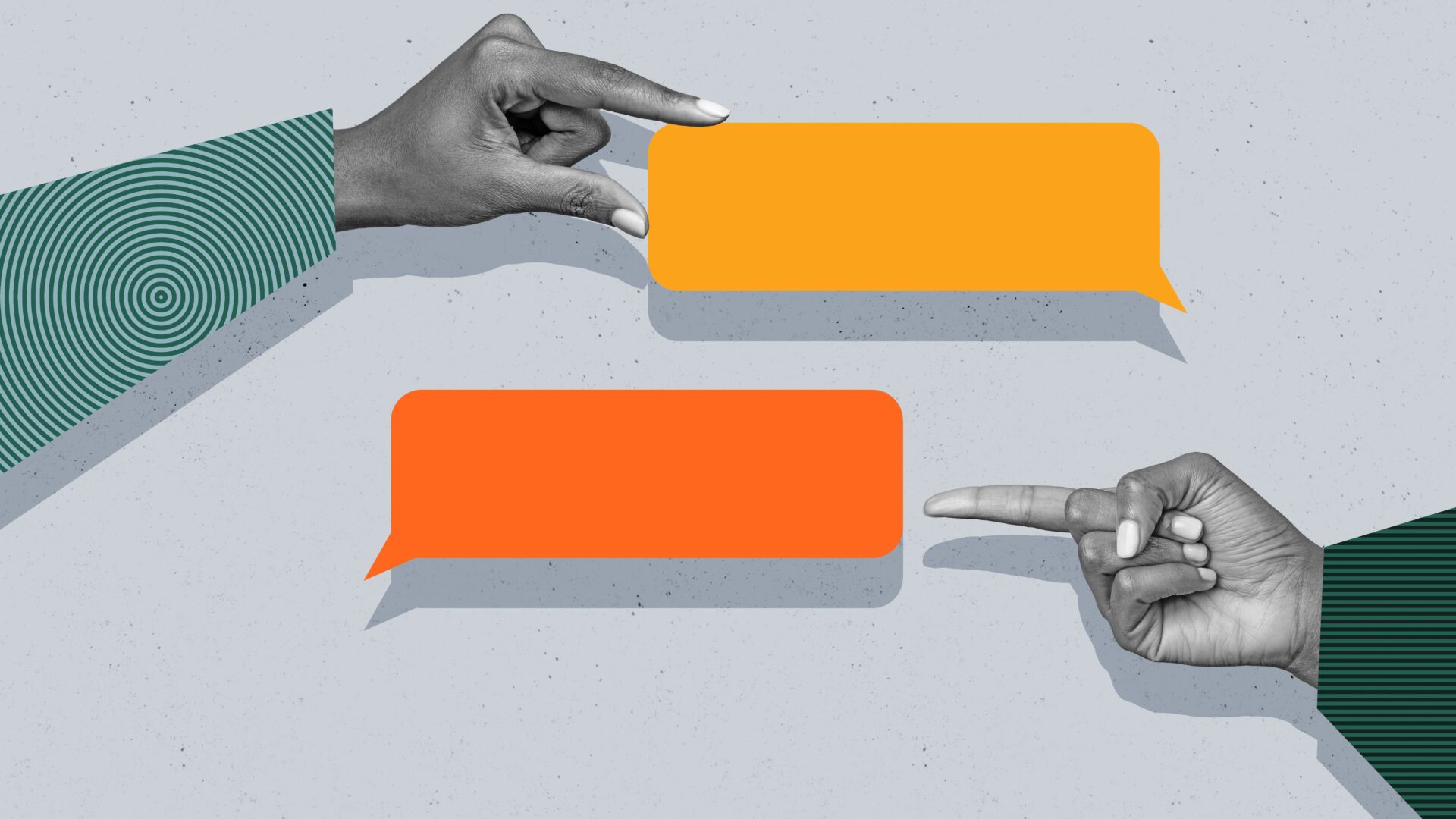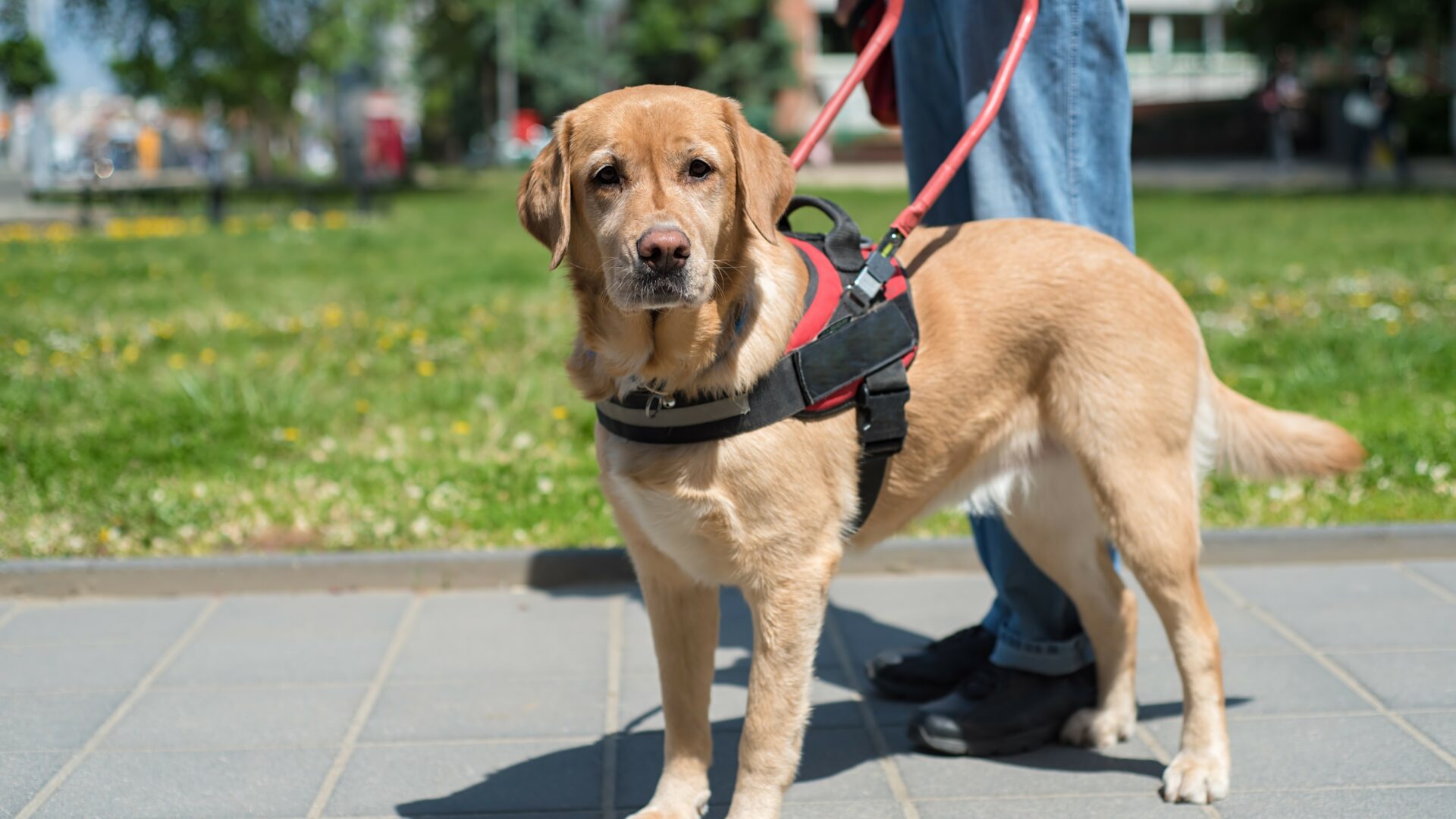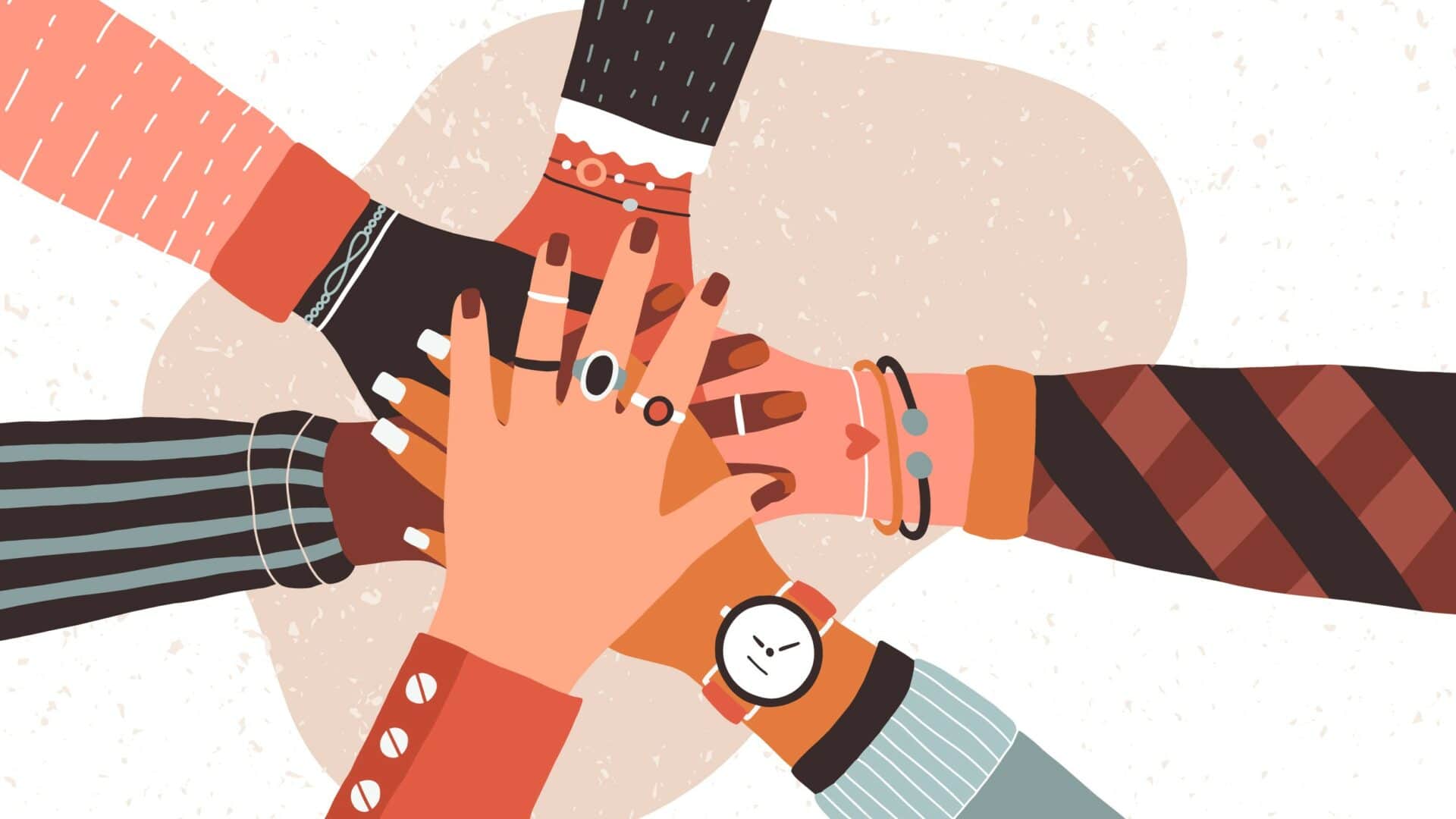By Nicole Genser
For audiology students with hearing loss, the path to becoming a clinician is both uniquely challenging and deeply rewarding. As they navigate the demanding environment of graduate school, these students often find themselves balancing personal vulnerability with professional growth. Disclosing their hearing loss, requesting accommodations, and connecting with patients can be powerful tools for building empathy and understanding—while also requiring a delicate balance between advocating for oneself and maintaining professional boundaries. In this blog post, we will explore the diverse experiences of audiology students with hearing loss, focusing on how they navigate these challenges, educate others, and foster empathy through their experiences.
Disclosing Hearing Loss: A Personal and Professional Decision
One of the most significant decisions audiology students with hearing loss face is whether or not to disclose their hearing loss. For many audiology students, the decision to disclose hearing loss is not just about seeking accommodations, but about embracing vulnerability in a professional setting. For some, the choice is straightforward and empowering. For others, it can feel like a risk. As one student shared, “I have always been comfortable disclosing my hearing loss, and I think sometimes this can come back to bite me.” This student’s experience highlights a common concern: the potential for stigma or negative perceptions when revealing hearing loss, especially in a field where hearing is central to practice.
Another student recalled a particularly disheartening moment with a patient who expressed hesitation about being treated by an audiologist with hearing loss. The patient stated, “I would never see an audiologist that has hearing loss because I don’t think they could do it right.” This kind of reaction can be emotionally challenging, but it also underscores the importance of transparency in building trust with patients. Despite these challenges, many students and professionals find that disclosing their hearing loss can foster empathy and deeper connections. One student notes, “A lot of patients are happy when they have a provider with hearing loss because it helps them feel understood.” These early moments of vulnerability can feel overwhelming, but they can lead to stronger connections with both patients and faculty who appreciate the student’s unique perspective.
The Role of Accommodations: Navigating Support Systems
Accommodations are one tool that students with hearing loss can leverage to achieve equity in their academic and clinical environments. For some, the process of requesting accommodations is straightforward. In higher education, students are required to initiate the accommodations process by self-disclosing with their accessibility services office. One student noted, “The university [informed me of] a range of options, from note-takers to captioning services. I was surprised, but grateful.” Many students may not realize they are entitled to accommodations and face challenges when requesting support. Students with hearing loss often learn to navigate the system on their own, reaching out to disability services to request things like preferential seating, closed captioning, or extended time on exams. In one case, a student reflected on their experience, saying, “I had no idea that I could request accommodations. I went a couple of semesters without any support, and it was tough.” The lack of early support highlights the importance of self-advocacy. In a setting where self-disclosure is required to obtain support, universities should be ready to make themselves available to students and express their willingness to protect the students’ rights.
While students may have not required academic accommodations in the past, a clinical atmosphere is a different learning environment to navigate. One student shared, “I use a remote microphone during speech testing, which really helps me hear patients clearly.” These tools and services, though sometimes subtle, can make a significant difference in a student’s ability to fully participate and excel in both classroom learning and clinical practice.
Leveraging Lived Experience: Balancing Bias and Empathy
One of the most challenging aspects of being an audiology student with hearing loss is learning how to balance personal experience with professional responsibility. There are moments when students with hearing loss feel a natural empathy for patients, drawing on their own experiences with use of amplification and communication challenges. One student explained, “I’ve tried almost every brand of hearing aid at some point, which helps me understand what patients might experience and how I can better meet their needs.” This firsthand experience allows students to offer valuable insights and empathy during clinical care, enhancing their ability to connect with patients. For example, a student recalled a situation in which a parent questioned the student’s ability to understand their child’s experience with cochlear implants due to the student being a user of hearing aids. The parent’s assumption that the student’s experiences were insufficient to help their child speaks to the complexity of patient care. As one student put it, “I make a conscious effort not to assume their experiences mirror mine. Hearing loss impacts everyone differently.” This experience highlights the fine line between leveraging personal experience for empathy and ensuring that the patient’s needs are met without assumptions or bias. As another student shared, “I try to remain open-minded and listen to what each patient needs, rather than assuming what works for me will work for them.” It’s this thoughtful approach that sets audiologists with hearing loss apart, allowing them to provide a higher level of patient-centered care.
Building Supportive Communities: Classmates and Faculty
While the clinical and academic demands of graduate school are significant, the support of classmates and professors can make all the difference for audiology students with hearing loss. In a field where collaboration and communication are key, having a strong support network can significantly ease the everyday challenges students navigate. One student recalled, “My cohort is really supportive. They always make sure there are captions on videos, and they look out for where I sit in the classroom.” Having classmates and faculty who advocate for accessibility creates an inclusive learning environment where students with hearing loss can thrive.
Professors also play an important role in creating an environment where students feel supported. As one student shared, “I’ve had mostly positive experiences with professors who have been understanding and flexible, especially when it comes to accommodating my hearing needs.” However, there are still moments of exclusion, particularly when students are expected to perform tasks like auditory brainstem response (ABR) testing or otoacoustic emissions (OAE) screening. One student reflected on an assignment in their psychoacoustic lab that required students to have hearing within clinically normal limits. They reported, “I couldn’t finish the assignment because of my hearing, and it was really discouraging. My preceptor was understanding and helped me find a solution, but the experience still stung.”
These challenges highlight the importance of cultivating a supportive community—both among peers and faculty—to ensure that audiology students with hearing loss can fully participate and succeed in their program.
Conclusion: Advocacy, Connection, and Professional Growth
The experiences of audiology students with hearing loss are shaped by a combination of advocacy, personal resilience, and the support of others. Disclosing hearing loss may open doors for connection and support, but it also requires confronting biases and overcoming challenges. By embracing their unique perspective, audiology students with hearing loss not only advocate for themselves but also bring a valuable and empathetic approach to patient care, offering a deeper understanding of the patient experience. Ultimately, their stories of resilience, connection, and advocacy serve as a reminder that lived experience, when combined with professional skill, can enhance both personal success and patient outcomes.
Related Posts
Insights from A Fireside Chat with Audiology Students and Professionals with Hearing Loss
On January 15, 2025, the Students with Hearing Loss Subcommittee of the Student Academy of Audiology (SAA) hosted a Fireside Chat featuring a panel of students and professionals with hearing loss. The student panelists included Mindee Anderson, Nicole Genser, and Natalia Matteo. The professionals were Sarah Sparks, AuD, and Michelle Hu, AuD. With over 60…
Support Beyond the Office: What We Can Do For Those Who Use Service Animals
By Bailey Harmon Part of my journey to audiology began with training mobility service dogs. Before that, I was a music performance major with a subtle draw to healthcare without knowing which direction to take it. Training service dogs solidified my passion for healthcare and inspired me to combine my love for music with my…
Navigating Hearing Loss: Challenges, Friendships, and Advocacy
By Kaley Graves Communication is crucial for childhood social development, which is why early intervention is so important! Audiologists and audiology students should strive to ensure that each child has equal opportunities to develop speech and language skills with appropriate amplification to minimize delays in social development. Establishing relationships in childhood can be difficult as…




